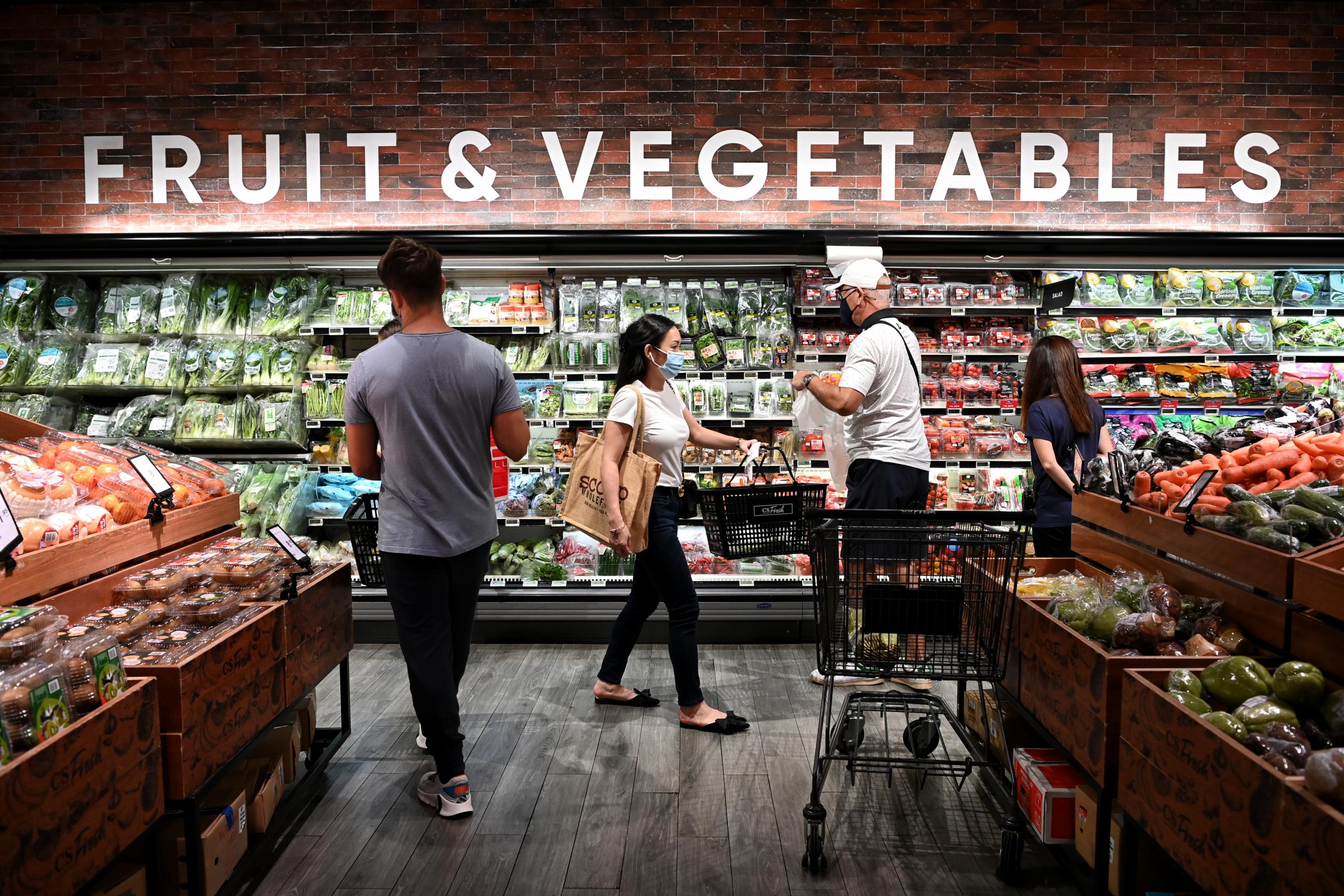For subscribers
Give economy more time to manage costs before GST hike, economists say
Sign up now: Get ST's newsletters delivered to your inbox

The GST increase from 7 per cent to 9 per cent was first announced in 2018, and is meant to help Singapore deal with rising recurrent spending needs.
ST PHOTO: KUA CHEE SIONG
SINGAPORE - Singapore’s plan to increase its goods and services tax (GST) could kick in as soon as July 1, if the approach taken with the previous GST rate hike in 2007 is a guide.
However, in view of global inflation pressures and the uneven economic recovery, some observers say raising rates at a later date will give the economy more time to adjust to the cost pressures.
Having it take effect on Jan 1 next year would give businesses and consumers a little more time to make the necessary preparations, said Ms Selena Ling, OCBC Bank’s head of treasury research and strategy.
Singapore first announced a planned 2 percentage point GST increase from 7 per cent to 9 per cent in 2018. This is meant to help Singapore deal with rising recurrent spending needs on the likes of healthcare and social support.
DBS Bank senior economist Irvin Seah noted that in 2007, when the GST rate was raised from 5 per cent to 7 per cent, the increase took effect in July that year, about five months after the announcement was made during the 2007 Budget in February.
“That is more or less the kind of time required to ensure that the companies will be able to put in place the changes,” said Mr Seah.
DBS noted in a report last month though, that the Government could delay the rate hike to early next year if Singapore’s growth outlook unexpectedly deteriorates sharply or if inflation “becomes a runaway train”.
.
Several tax experts also expect the rate increase to kick in on Jan 1 next year, which would be in tandem with the extension of GST to low-value goods worth up to $400 as well as business-to-consumer imported non-digital services.
However, in view of global inflation pressures and the uneven economic recovery, some observers say raising rates at a later date will give the economy more time to adjust to the cost pressures.
Having it take effect on Jan 1 next year would give businesses and consumers a little more time to make the necessary preparations, said Ms Selena Ling, OCBC Bank’s head of treasury research and strategy.
Singapore first announced a planned 2 percentage point GST increase from 7 per cent to 9 per cent in 2018. This is meant to help Singapore deal with rising recurrent spending needs on the likes of healthcare and social support.
DBS Bank senior economist Irvin Seah noted that in 2007, when the GST rate was raised from 5 per cent to 7 per cent, the increase took effect in July that year, about five months after the announcement was made during the 2007 Budget in February.
“That is more or less the kind of time required to ensure that the companies will be able to put in place the changes,” said Mr Seah.
DBS noted in a report last month though, that the Government could delay the rate hike to early next year if Singapore’s growth outlook unexpectedly deteriorates sharply or if inflation “becomes a runaway train”.
.
Several tax experts also expect the rate increase to kick in on Jan 1 next year, which would be in tandem with the extension of GST to low-value goods worth up to $400 as well as business-to-consumer imported non-digital services.
PwC Singapore GST leader Kor Bing Keong said that while the Government has stressed the need to raise the GST rate to finance higher recurrent spending, Singapore is going through a phase of higher-than-expected headline inflation.


